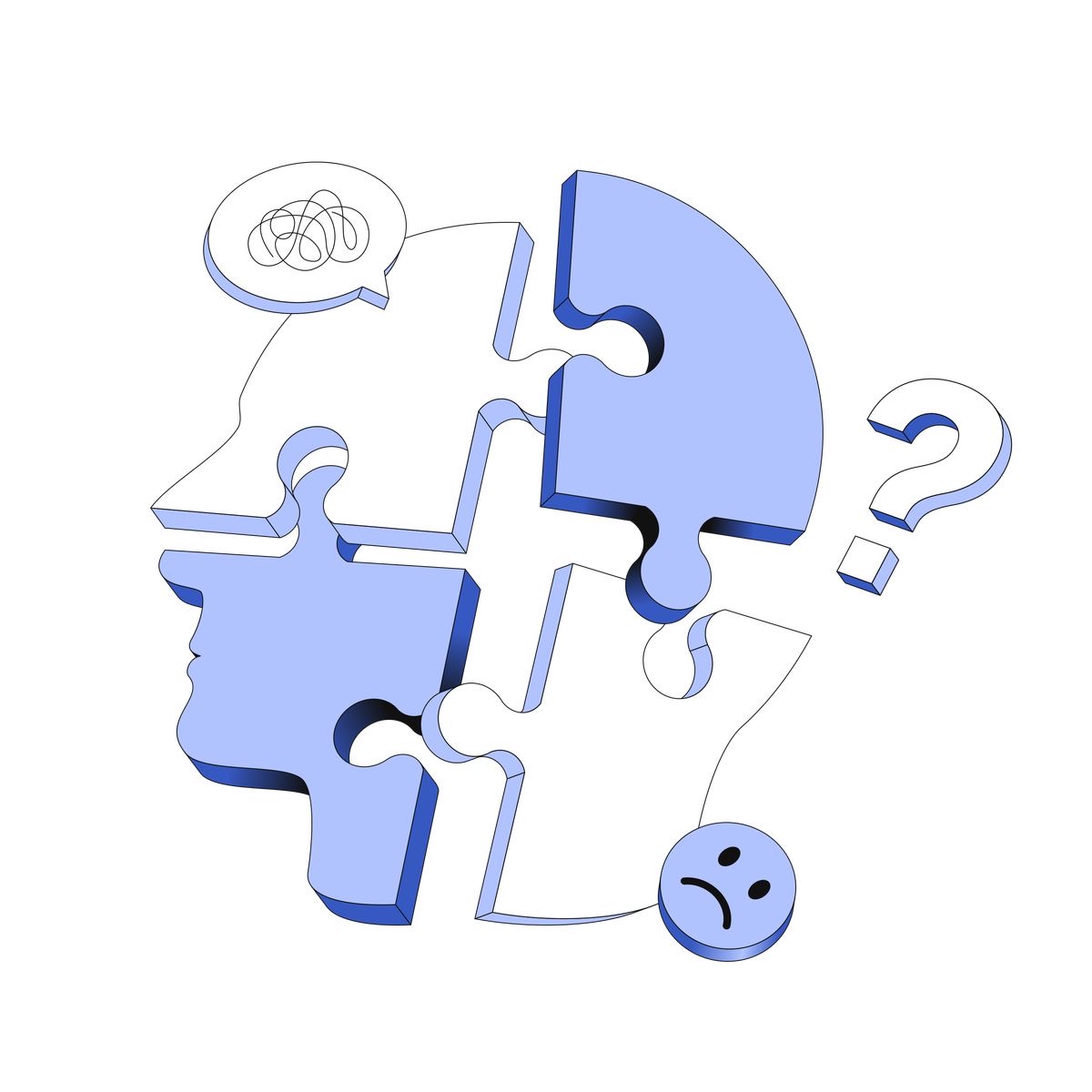Often, people consider counseling and psychotherapy to be the same thing or use the terms interchangeably. Even many of their existing definitions make the line between the two unclear. Here, we’ll explore the similarities and differences between them.
Counseling is typically used when we are dealing with a specific or everyday issue, such as choosing a major, career problems, relationship challenges, or making life decisions. In counseling, the professional primarily provides us with awareness and practical strategies, helping us make decisions more easily. Counseling is usually short term and can be helpful in just a few sessions.
Psychotherapy, however, comes into play when we are dealing with deeper and more long-standing issues, like depression, anxiety, trauma, or problems that repeat over and over in relationships and life. Psychotherapy helps us find the root of these issues and, by changing attitudes and behavioral patterns, find a new way to cope with life. This type of therapy is generally longer and requires more sessions.
Similarities
Despite their differences, both counseling and psychotherapy share a common goal: to help us lead a healthier, more meaningful, and more satisfying life. Both depend on a safe and supportive relationship between the client and the professional. In both, a high degree of respect for the client’s autonomy and choices is very important.
In Summary
Psychotherapist
- A psychotherapist is someone who has received specialized training to help individuals with deep psychological or emotional problems.
- Their work mainly focuses on treating mental disorders such as depression, anxiety, obsessive compulsive disorder, trauma, and serious behavioral issues.
- Sessions are usually longer and more in-depth (lasting months or even years).
- They use various therapeutic methods and approaches such as psychoanalysis, cognitive-behavioral therapy (CBT), schema therapy, and more.
- A psychotherapist can be a clinical psychologist, a psychiatrist, or a professional who has completed formal psychotherapy training.
Counselor
- A counselor mainly helps healthy individuals cope better with everyday life challenges.
- These may include issues such as work, education, family, relationships, or decision making.
- Counseling sessions are usually shorter (a few sessions to a few months).
- A counselor’s work is more supportive and guiding, focusing on finding practical solutions and teaching skills.
- Counselors can work in different areas such as academic counseling, career counseling, family counseling, or marriage counseling.
Life is full of challenges and everyday decisions. Sometimes a counselor can help you find practical solutions and make decisions more easily, while other times a psychotherapist is better suited for addressing deeper, more root level issues.
It doesn’t matter whether the process is short term or long-term; what matters is taking the first step and seeking professional support to improve your mental well-being and personal growth.

